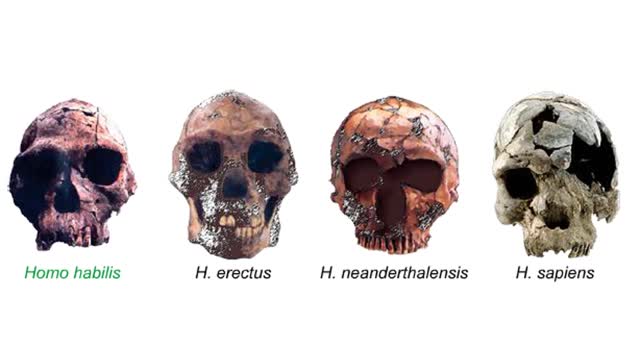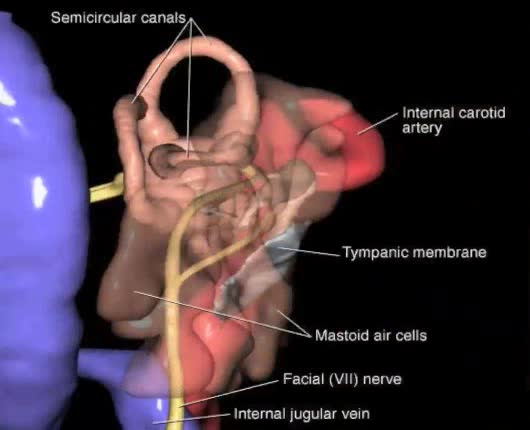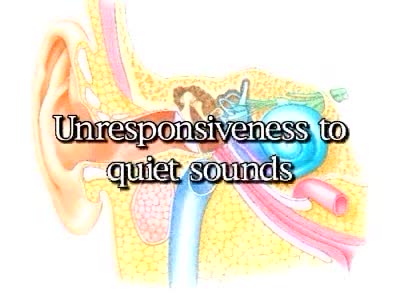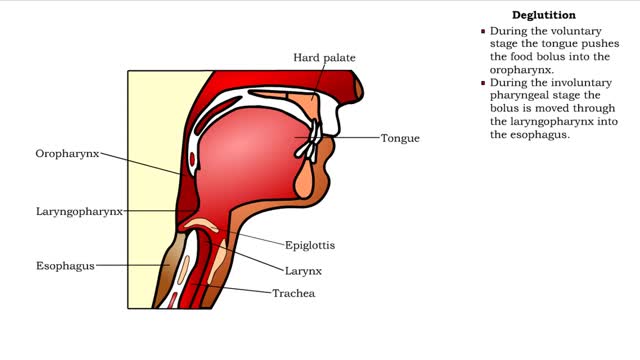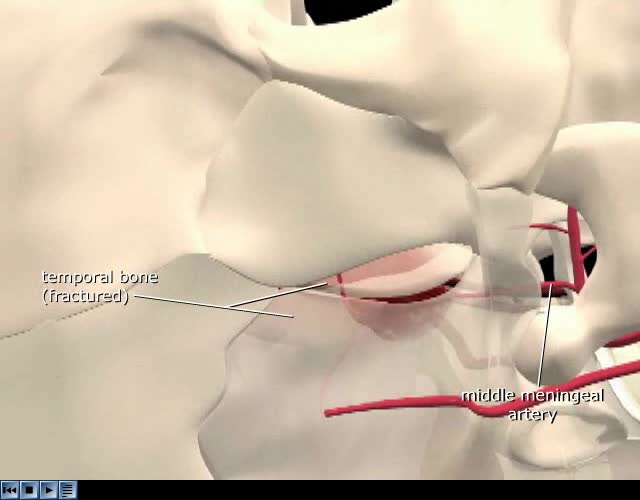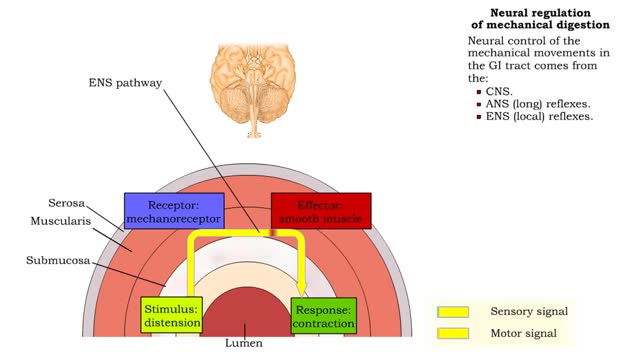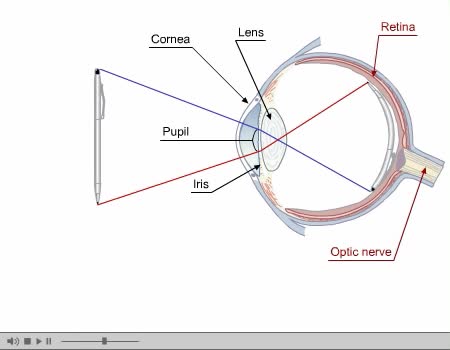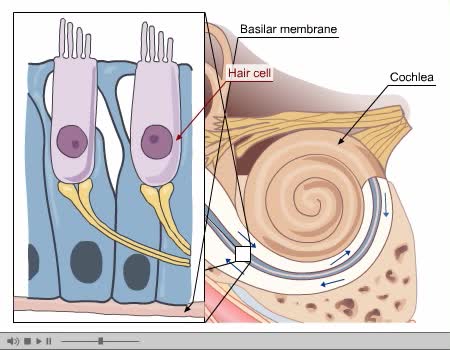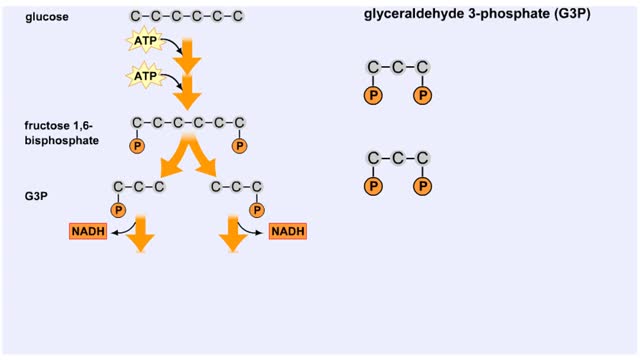Search Results
Results for: 'Cavernous Sinus Larynx Middle Ear Orbit'
Primate Evolutionary Tree Animation
By: HWC, Views: 7080
Presumed evolutionary branchings in the primate family tree. The first primates arose between 85 and 65 million years ago. The common ancestor of apes and hominids branched off from Old World monkeys about 23 million years ago. The hominid lineage, which includes humans and earlier humanlik...
By: Administrator, Views: 15568
The ear is generally described as having three distinct divisions, each with distinct functions: External ear Middle ear Inner ear The ear contains structures for both the sense of hearing and the sense of balance. Eighth cranial nerve: Also called the acoustic or auditory nerve. Carries...
By: Administrator, Views: 14177
Otitis media is a group of inflammatory diseases of the middle ear. The two main types are acute otitis media (AOM) and otitis media with effusion (OME). AOM is an infection of rapid onset that usually presents with ear pain. In young children this may result in pulling at the ear, increased cryi...
By: HWC, Views: 10630
Swallowing occurs in three stages: • Voluntary stage in the mouth. • Involuntary pharyngeal stage. • Involuntary esophageal stage. • During the voluntary stage the tongue pushes the food bolus into the oropharynx. • During the involuntary pharyngeal stage the bolus is moved ...
By: Administrator, Views: 13950
Epidural hematoma is when bleeding occurs between the tough outer membrane covering the brain (dura mater) and the skull. Often there is loss of consciousness following a head injury, a brief regaining of consciousness, and then loss of consciousness again. Other symptoms may include headache, co...
Neural regulation of mechanical digestion- CNS voluntary, ANS & ENS controlled involuntary movements
By: HWC, Views: 11008
• The gastrointestinal [GI] tract is basically a muscular tube that contains and processes food as it moves from the mouth to the anus. • Mechanical digestive functions consist of both voluntary and involuntary muscle contractions and relaxation including: • Chewing and swallowing food....
By: Administrator, Views: 14306
Eye Composed of special anatomical structures that work together to facilitate sight: Cornea Pupil Lens Vitreous body Light stimulates sensory receptors (rods and cones) in the retina or innermost layer of the eye. Vision is made possible through the coordinated actions of nerves that co...
By: Administrator, Views: 14399
Process of Hearing Sound waves are directed to the eardrum, causing it to vibrate. These vibrations move the three small bones of the middle ear (malleus, incus, and stapes). Movement of stapes at oval window sets up pressure waves in the perilymph and endolymph. Process of Hearing The wav...
Splitting of Sugar, Oxidation/ Reduction & ATP Generation
By: HWC, Views: 10814
The next reaction shows us the meaning of "glycolysis" or the splitting of glucose. The fructose bisphosphate molecule is split into two molecules each containing 3 carbons as the backbone. FBP is split into two 3-carbon molecules called G3P, or glyceraldehyde 3-phosphate. Notice that the phos...
Advertisement



